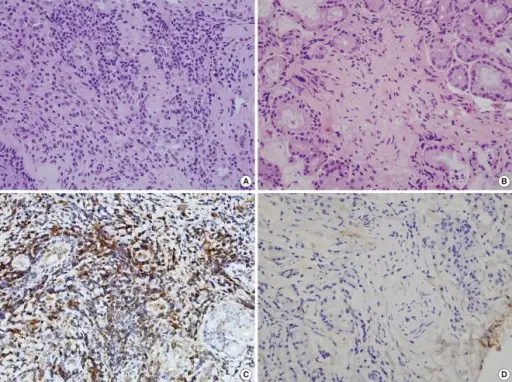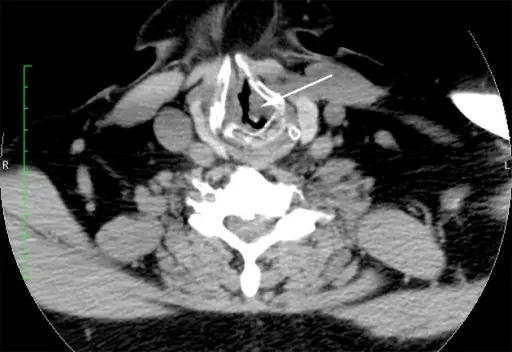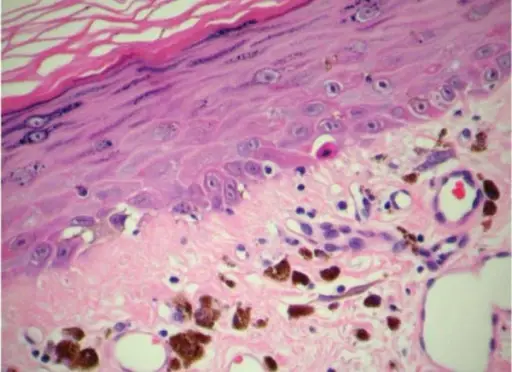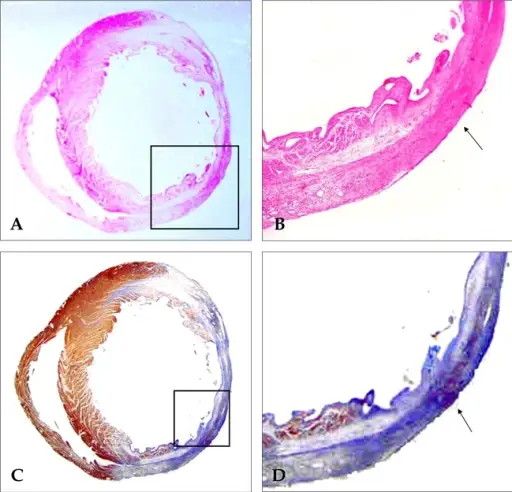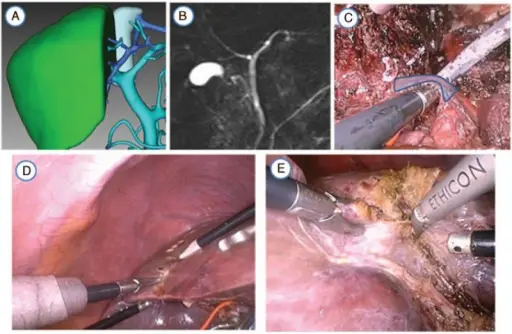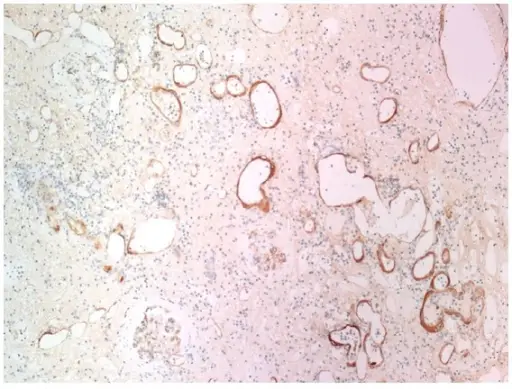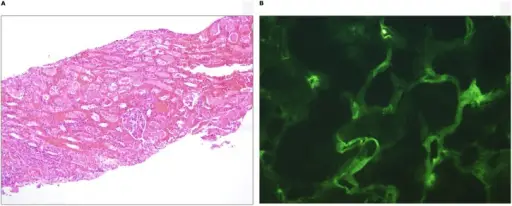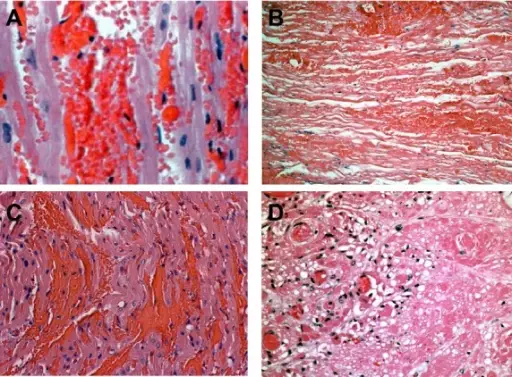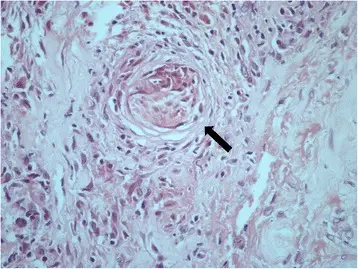What is Inflammation of the Nose?
Inflammation of the nose is a condition of the mucosal lining of the nose characterized by the basic signs; redness, hotness, swelling, pain, and sometimes function loss Examples of inflammatory reactions of the nose include: Allergic rhinitisChronic rhinitisInfectious rhinitisSinusitis

